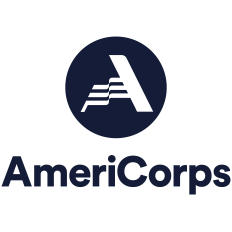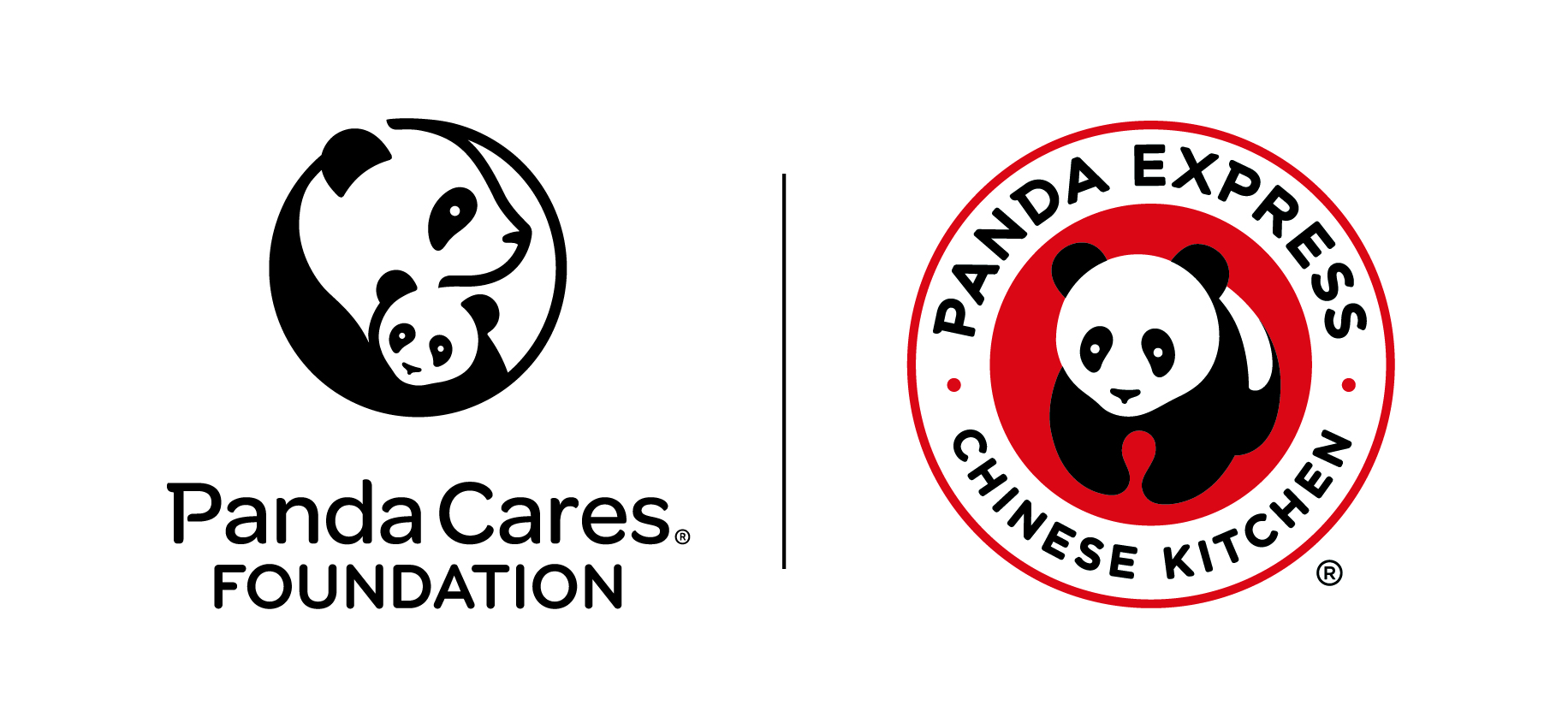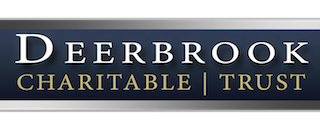April 8, 2019
Volunteers Narrowing the Achievement Gap

Originally published on Oakland Magazine by Julia Kane.
Second-grader Jamir Davis looked up expectantly, hourglass timer in hand. Misana Viltz, a Reading Partners volunteer at Aspire Berkley Maynard Academy, counted him down. “Ready, set, go!” Jamir flipped over the timer and excitedly began to read the book in front of him: “Luke is a cute kid. He used to be very rude. This June he went for a trip to the dunes . . .”
Thanks to a recent grant from The Barrios Trust of Oakland, Reading Partners will be able to match more students like Jamir with volunteers like Viltz. Reading Partners, a nationwide nonprofit focused on improving literacy in kindergarten through fourth grade, pairs students in need of extra help with local volunteers who commit to at least one hour of tutoring per week. In the East Bay, Reading Partners is waging a campaign to improve the reading proficiency of third-graders in low-income schools.
Third grade is a critical turning point; it is when students go from learning to read to reading to learn.
It’s where we start to see an achievement gap happening. When students get to fourth grade, if they’re not comprehending their text, they’re not only falling behind in reading, but also science, math, history, and all the subjects,
explained Michelle Collier, Reading Partners development director for the region.
Data released by the Oakland Unified School District showed that only 30.9 percent of fourth-graders in the district were reading at or above grade level at the beginning of the 2018-2019 school year. That’s a big problem — children who are not reading proficiently by the end of third grade are four times less likely to graduate from high school on time, according to a 2012 study by The Annie E. Casey Foundation.
With a $5,000 grant from TBT, Reading Partners plans to recruit 649 new volunteers in Oakland as part of its Literacy Impact Forged Together, or LIFT10, Initiative. Each year the TBT helps fund nonprofits that provide education and enrichment opportunities to economically disadvantaged youth in Oakland. When asked why the trust chose to support Reading Partners’ LIFT10 Initiative, board member John Fanning responded, “It was clear with Reading Partners that they are a really high-quality program. They have a very clear mission. They have a very clear theory of action.”
Right now, there are approximately 750 students in the Oakland Unified School District enrolled in the program at 13 different Reading Centers, including two recently opened in West and North Oakland. But the number of students in need is still far greater than the supply of volunteer tutors. Katherine Hoolihan, site coordinator for Aspire Berkeley Maynard Academy, said that if she had enough volunteers, every tutoring session offered throughout the school day would be full. She has 15 students who meet Reading Partners’ criteria that she hasn’t been able to support because the volunteers just are not there.
As part of its growth strategy, Reading Partners is recruiting AmeriCorps members to serve as literacy leads — full time tutors who are trained to administer assessments to gauge students’ progress. But Reading Partners also needs regular volunteers: retirees, high school and college students, and even full-time professionals who can commit to one hour of tutoring per week.
“We have a couple people who come in during their lunch break. One man works at Union Bank, and he comes in for an hour once a week,” said Hoolihan.
Misana Viltz is a Division I student-athlete and a senior at the University of California Berkeley. Between training for the 110 meter hurdles and applying to graduate school, he makes time to volunteer with Reading Partners because he wants to be a strong role model for kids in underserved public schools. Viltz knows that he is not just teaching Jamir how to read; he is shaping his attitude toward reading by showing him that it is fun and exciting.
“That personal and human connection is so critical to the delivery of our program,” explained Aarika Riddle, Reading Partners executive director for the region. By forming a bond with students and adhering to a set curriculum, volunteer tutors can get real results. An independent, nationwide study conducted by education and social policy research organization MDRC found that, after one year, students enrolled in Reading Partners ranked two to three percentile points higher on a standardized reading proficiency test than students not enrolled in the program. According to MDRC, that improvement equates to about two months of extra instruction.
In school districts like Oakland Unified where 75 percent of students are eligible for free or reduced lunch and the majority of students are not reading at grade level, programs like Reading Partners are critical to closing the achievement gap for low-income students.
It’s about equity, in a lot of ways — equity of resources,
said Riddle. By harnessing volunteers from the local community to provide students with crucial one-on-one attention, Reading Partners is working to close the gap and create a more equitable future where all students have the literacy skills required to reach their full potential.










